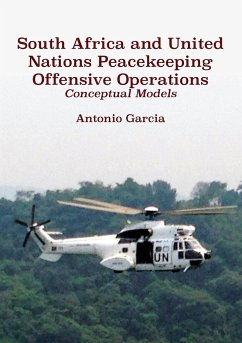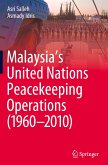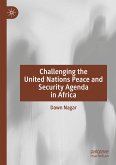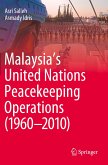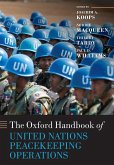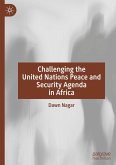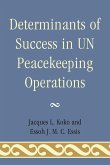The creation of the Force Intervention Brigade (FIB) as the sharp tactical edge of the United Nations Stabilisation Mission in the Democratic Republic of the Congo (MONUSCO), tasked with the neutralising of armed groups, was a watershed moment in the history of modern peace missions. What was more significant was that sub-Saharan national leaders were instrumental in the creation of the FIB (South Africa, Tanzania and Malawi), but lacked the resources to deploy such a force and consequently the brigade was deployed under the banner of the UN. With the legacy of an African Renaissance, and its role in the conception of the FIB, South Africa remains a critical player in international peace and security in sub-Saharan Africa, and therefore holds a key strategic role in achieving the FIB's objectives. This comes at a critical time where blue helmets are increasingly exposed to complex and challenging security contexts. The aim of this work is to provide a conceptual model for South African military future operations and UN offensive peacekeeping operations. In this undertaking, a layer of military and Clausewitzian theory is added to offensive peacekeeping operations. Furthermore, there are sections on operational constructs (capstone and operating concepts), doctrine and structural elements, as well a section on mine action. This book contributes towards an understanding of the nature of modern strategy through the lens of UN offensive peacekeeping operations and provides insights into operational challenges.
Hinweis: Dieser Artikel kann nur an eine deutsche Lieferadresse ausgeliefert werden.
Hinweis: Dieser Artikel kann nur an eine deutsche Lieferadresse ausgeliefert werden.

